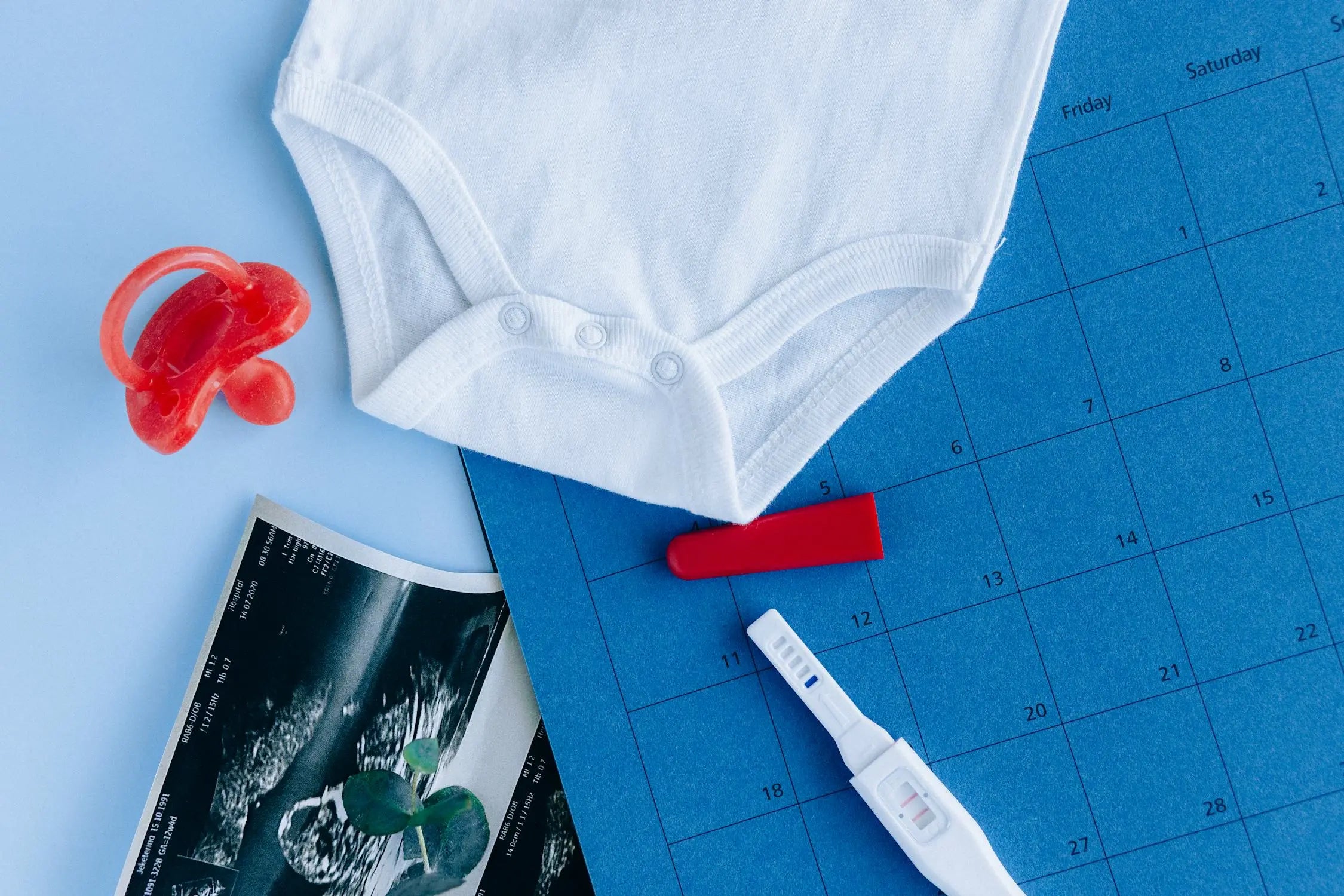Accueil
Pregnancy, Breastfeeding, and Pumping: The Ultimate Guide for Moms
How Many Days After Ovulation Can You Take Pregnancy Test

How Many Days After Ovulation Can You Take Pregnancy Test
Waiting to find out if you're pregnant can be an emotional rollercoaster. The anticipation, the hope, and the uncertainty can make the days feel like an eternity. One of the most common questions that arise during this time is: how many days after ovulation can you take a pregnancy test? The answer isn't as straightforward as you might think, and understanding the science behind it can help you make informed decisions.
Ovulation is the process where an egg is released from the ovary, typically occurring around the middle of a woman's menstrual cycle. After ovulation, the egg travels down the fallopian tube, where it can be fertilized by sperm. If fertilization occurs, the fertilized egg, or zygote, begins to divide and eventually implants itself into the lining of the uterus. This process is known as implantation and usually happens about 6 to 12 days after ovulation.
Once implantation occurs, the body starts producing a hormone called human chorionic gonadotropin (hCG). This hormone is what pregnancy tests detect to determine if you're pregnant. However, the levels of hCG in your body start off very low and increase rapidly in the early days of pregnancy. This is why timing is crucial when it comes to taking a pregnancy test.
Most home pregnancy tests claim to be able to detect pregnancy as early as the first day of your missed period. However, the accuracy of these tests can vary depending on several factors, including the sensitivity of the test and the concentration of hCG in your urine. Some tests are more sensitive and can detect lower levels of hCG, which means they can provide accurate results earlier than others.
So, how many days after ovulation can you take a pregnancy test? The general recommendation is to wait at least 10 to 14 days after ovulation before taking a test. This allows enough time for hCG levels to rise to a detectable level. Testing too early can result in a false negative, which can be both disappointing and misleading.
It's also important to consider the length of your menstrual cycle when determining the best time to take a pregnancy test. Women with shorter cycles may ovulate earlier, while those with longer cycles may ovulate later. If you're unsure about when you ovulated, tracking your menstrual cycle and using ovulation predictor kits can help you pinpoint the most likely time of ovulation.
Another factor to consider is the time of day you take the test. hCG levels are typically highest in the morning, so taking the test first thing in the morning can increase the chances of getting an accurate result. However, some tests are designed to be used at any time of the day, so be sure to read the instructions carefully before taking the test.
If you receive a negative result but still suspect you might be pregnant, it's a good idea to wait a few days and test again. hCG levels double every 48 to 72 hours in the early stages of pregnancy, so waiting a few days can make a significant difference in the accuracy of the test. If you continue to receive negative results but still haven't gotten your period, it's a good idea to consult with a healthcare professional to rule out other potential causes.
On the other hand, if you receive a positive result, it's important to confirm the pregnancy with a healthcare provider. While home pregnancy tests are generally accurate, there are rare cases where a false positive can occur. A healthcare provider can perform a blood test to confirm the pregnancy and provide guidance on the next steps.
Understanding the science behind pregnancy tests and the factors that influence their accuracy can help you navigate the emotional journey of trying to conceive. By knowing how many days after ovulation can you take a pregnancy test, you can increase the likelihood of getting an accurate result and reduce the stress and uncertainty that often accompanies this process.
Remember, every woman's body is different, and what works for one person may not work for another. Patience and persistence are key when it comes to trying to conceive. Whether you're eagerly awaiting a positive result or preparing for the next steps in your journey, understanding the timing and accuracy of pregnancy tests can help you make informed decisions and take control of your reproductive health.
So, if you're wondering how many days after ovulation can you take a pregnancy test, the answer lies in understanding your body, tracking your cycle, and being patient. With the right knowledge and approach, you can navigate this exciting and sometimes challenging journey with confidence and clarity.
Partager
